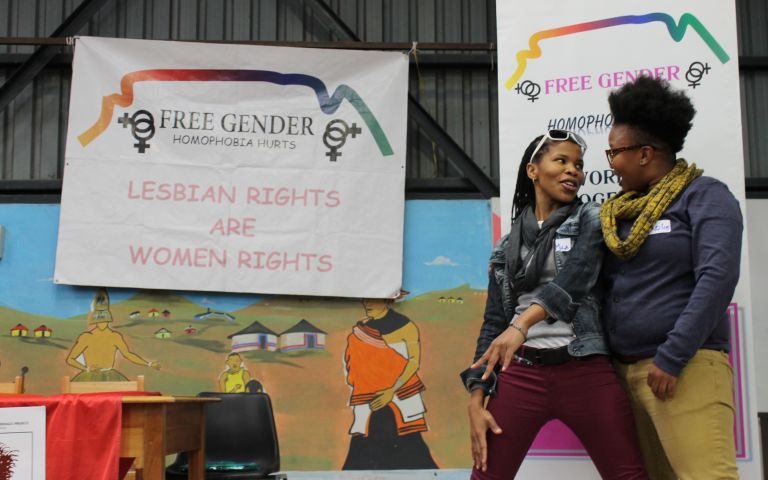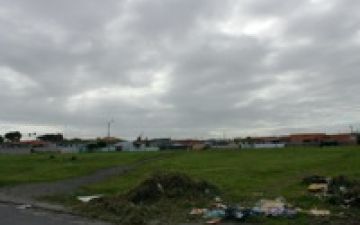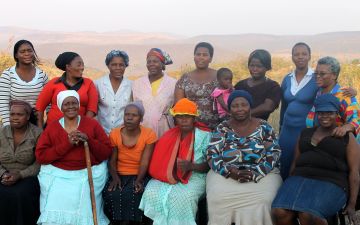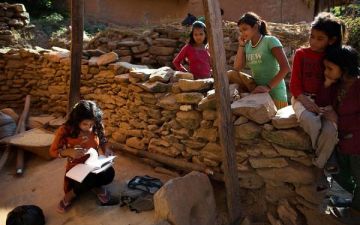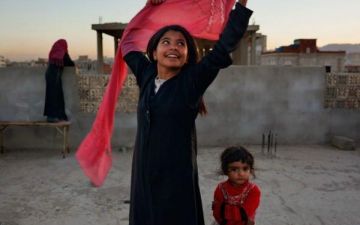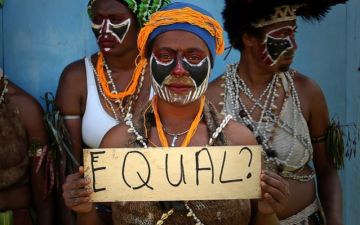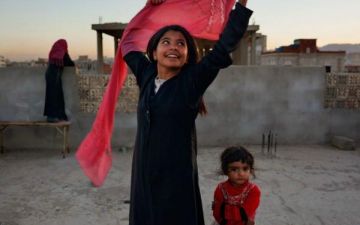It has been less than 20 years since South Africa abolished apartheid and embraced democracy. The rainbow nation is now recognized for having the strongest economy on the African continent and one of the most progressive, liberal constitutions. Laws calling for gender equality have been passed, gay marriage has been legalized, and violence against women outlawed.
However, statistics show violence against women in South Africa is still a major societal problem. Violence against the LGBTI community also often goes unpunished. Ingrained attitudes in this traditional, patriarchal society have not changed and in rural areas tribal courts still reign over the rights of women.
By telling stories of South African women of all sexualities, Melissa Turley shows how these women fight not only for the equal rights afforded them in their constitution, but also for their basic human rights and dignity.
